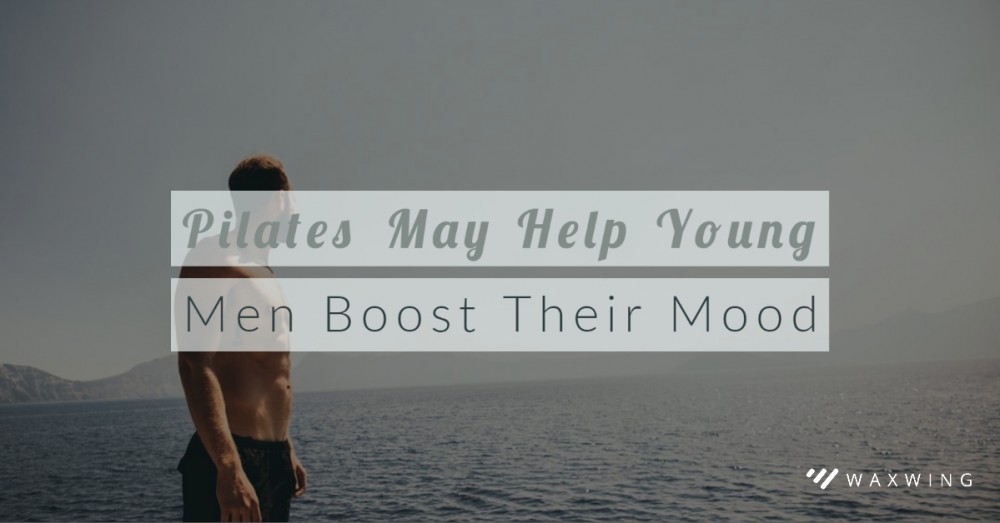
The psychological benefits of Pilates
Research has found that adolescent and young adult males tend to have an elevated risk of certain mental health issues than their female counterparts. For instance, one study notes that this demographic has higher rates of conduct order, substance use, interpersonal violence, and suicide.
Men are also at risk of developing other mental health issues, such as depression. The Mayo Clinic shares that this condition may appear in men via “escapist behaviors,” or spending an excessive amount of time doing one thing in order to avoid another.
Men who are depressed may also present with physical issues such as headaches, digestive upset, and pain. To make matters worse, research also reveals that boys in their teens tend to disconnect from and, therefore, choose not to engage with healthcare services.
Young Men More Disengaged with Mental Health Care
The reasons for this avoidance are varied, ranging from these males not getting the clinical response they desire to the stigma associated with obtaining and receiving mental health care. Regardless of the cause, the end result is that they are left to suffer alone.
For those that do seek care, medication, therapy, or some other type of behavioral treatment may be recommended. Research has found that Pilates—an option that doesn’t even involve accessing the healthcare system—may help boost mood as well.
Pilates and Mood
In March 2020, the Complementary Therapies in Medicine journal published a study involving 87 male university students in their late teens and early twenties. Prior to engaging in a single session of Pilates, each participant completed a series of inventories and questionnaires to assess their worry, anxiety, and mood. They were also assessed 10 minutes after the Pilates session ended.
Based on their own self-reports, engaging in Pilates lowered the young men’s anxiety, reduced their feelings of fatigue, and improved their overall mood. While this particular study only looked at their responses after one session of Pilates, these findings are similar to other studies which have found that this type of physical activity is good for making people feel better mentally.
Previous Pilates Studies Relating to Mood
For example, in January 2013, a study was published involving 30 elderly females. After 12 weeks of Pilates, their levels of depression decreased. On a side note, their balance improved as well.
Another Pilates study was conducted in 2016 on young and healthy, but sedentary women. After 10 weeks of Pilates training which occurred once a week, the intervention group showed more mental health improvements than the women in the control.
So, while this new 2020 study is one of the first to look at the psychological benefits that Pilates provides for men specifically, the fact that this same effect has been shown time and time again is encouraging for those who struggle with mood-related disorders but aren’t comfortable seeking medical care.
Fleming KM, Campbell M, Herring MP. Acute effects of Pilates on mood states among young adult males. Complement Ther Med. 2020 Mar;49:102313. doi: 10.1016/j.ctim.2020.102313. Epub 2020 Jan 25. PubMed PMID: 32147061.

